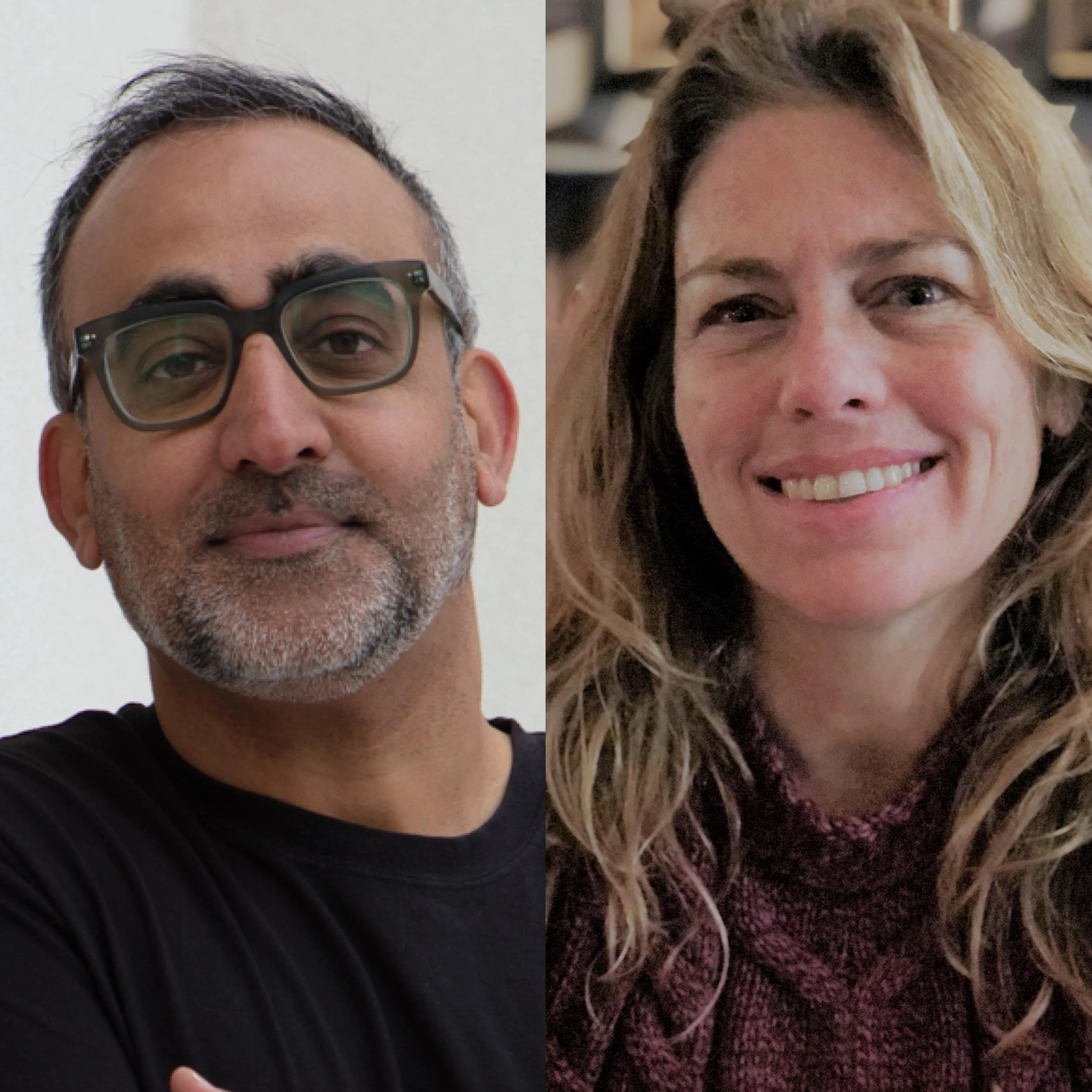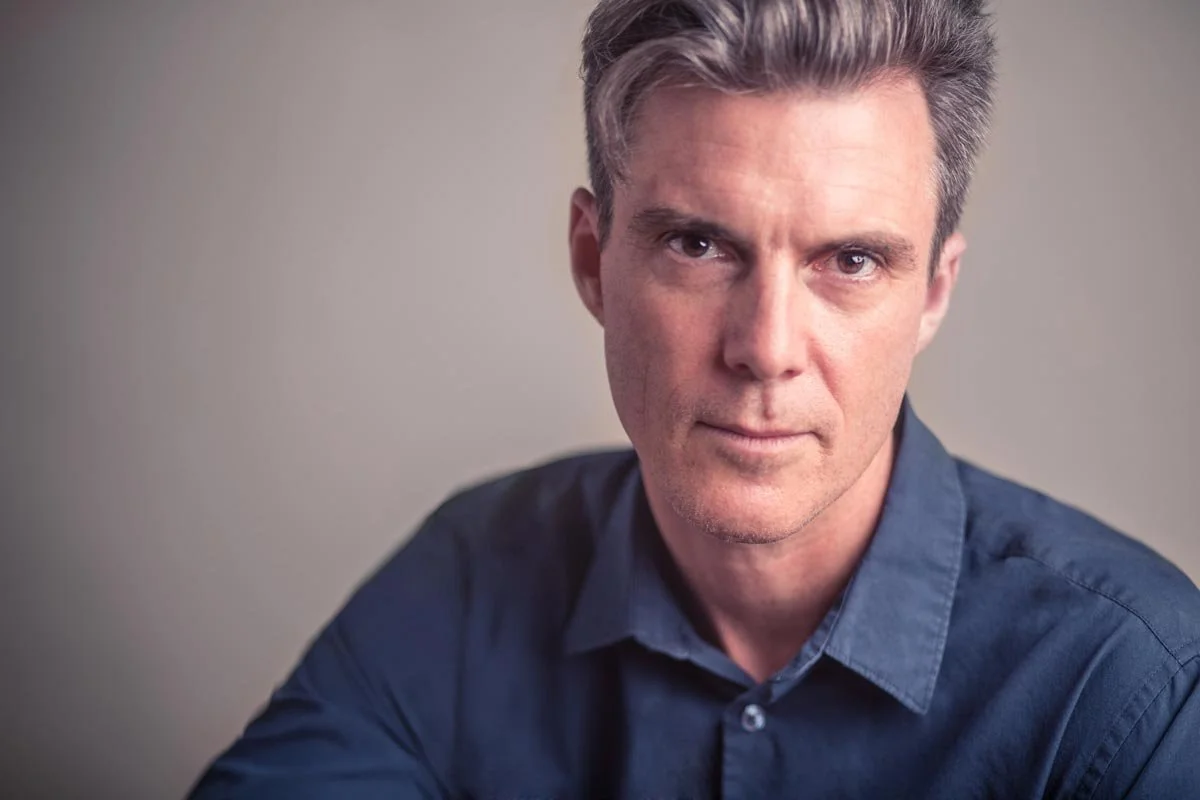SERGEI GURIEV
/Political Economist · Provost of SciencesPo
Co-author of Spin Dictators: The Changing Face of Tyranny in the 21st Century
In Russia, I ran a university, a new economic school. And as an economist and a public intellectual, I was engaged in interactions with the government, including with Vladimir Putin. And there, of course, the situation was that Russia was already a nondemocratic country, meaning that it was a country where elections were not free and fair and partial censorship was already in place. Yet in those years, we could express ourselves openly, not on national TV, but at least in newspapers and on radio. And that eventually brought me into trouble with Vladimir Putin, who at some point suggested that I talked too much and I should not be in the same country. I was also interrogated. My office was searched. And at some point, common friends told me, 'Look, you shouldn't be here.' And I bought a one-way ticket for the next day and just left Russia. The dictators in the 20th century used military or paramilitary uniforms to project brute force and fear. Today, the situation is different. Successful dictators pretend to be democrats.





